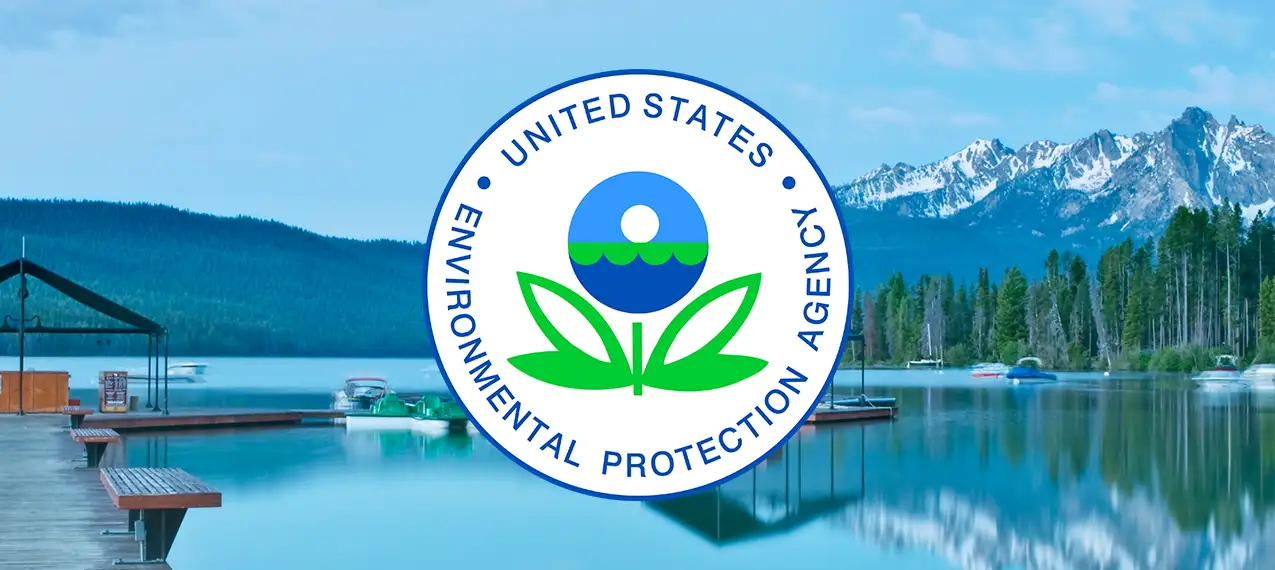
The Court concluded that “the CWA extends only to those wetlands with a continuous surface connection to bodies that are waters of the United States in their own right.”[1] Prior to yesterday’s ruling, close to 300 million acres of “waters” fell under the EPA’s regulatory purview. This included a small lot, owned by the Sackett family, which was adjacent to “an unnamed tributary,” located across a 30’-wide road, which fed into a non-navigable creek, which fed into an intrastate lake.[2] This connection was enough to subject the Sackett’s land to significant regulation by the EPA. To prevent water pollution, the agency is authorized to block “pollutants” ranging from chemical effluence all the way to dirt ploughed by a farmed in his field.[3] These “pollutants” apparently included the earth moved in preparation to build a home on the Sackett family’s lot.
The CWA contains dramatic enforcement powers. Even Justice Kennedy, who authored a previous Court opinion expanding the CWA’s reach, acknowledged that its penalties can be “crushing… even for inadvertent violations.”[4] Over the past 19 years, the Sacketts learned this lesson the hard way. Throughout this interminable litigation, the Sacketts fought to construct a small home across the street from Northern Idaho’s bucolic Priest Lake. The EPA fought to prevent the build, all the while threatening penalties of up to $40,000 per day. With the Court’s latest ruling, however, the Sackett family has finally been freed from this burden. At long last, they are allowed to build on their own land.
No matter how noble their policy goals may be, it is unconstitutional for administrative agencies to expand their authority beyond that authorized by statute. As seen in Sackett, this overreach is also often unconscionable.
But the EPA is no stranger to reading expansive new authorities into environmental legislation. Last term, the Court emphasized this principle with the respect to the Clean Air Act, establishing the Major Questions Doctrine in West Virginia v. EPA. With Sackett, by employing a strict adherence to the statute, the Court has also constrained the reach of the CWA.
Landmark is concerned by the rise of administrative tyranny, so prevalent in our country today and so dramatized in this case. It is encouraging that the Supreme Court, as evidenced in yesterday’s ruling, seems to feel these same concerns. This decision provided a major victory for the Sackett family. Likewise for the millions property owners, now unburdened by the EPA’s covetous regulatory reach, who can finally breathe a sigh of relief. Nonetheless, Landmark will remain vigilant for new opportunities in the continued fight to defend our liberty against the administrative state.
[1] Sackett v. EPA, 598 U.S. __ (2023)(quotations omitted).
[2] Id.
[3] See Borden Ranch Partnership v. United States Army Corps of Engineers, 261 F.3d 810, 813, 818 (CA9 2001) (upholding Agency decision to count each of 348 passes of a plough by a farmer through “jurisdictional” soil on his farm as a separate violation).
[4] Army Corps of Engineers v. Hawkes Co., 578 U.S. 590, 602 (2016) (Kennedy, J., concurring)
SUPPORT LANDMARK LEGAL FOUNDATION
We are truly facing existential threats to our individual rights and liberties, the Constitution, and our national character. If unchallenged, this assault on our very way of life will ruin our great nation. With your financial and moral support, Landmark is not going to let that happen without a fight. Will you join us?





